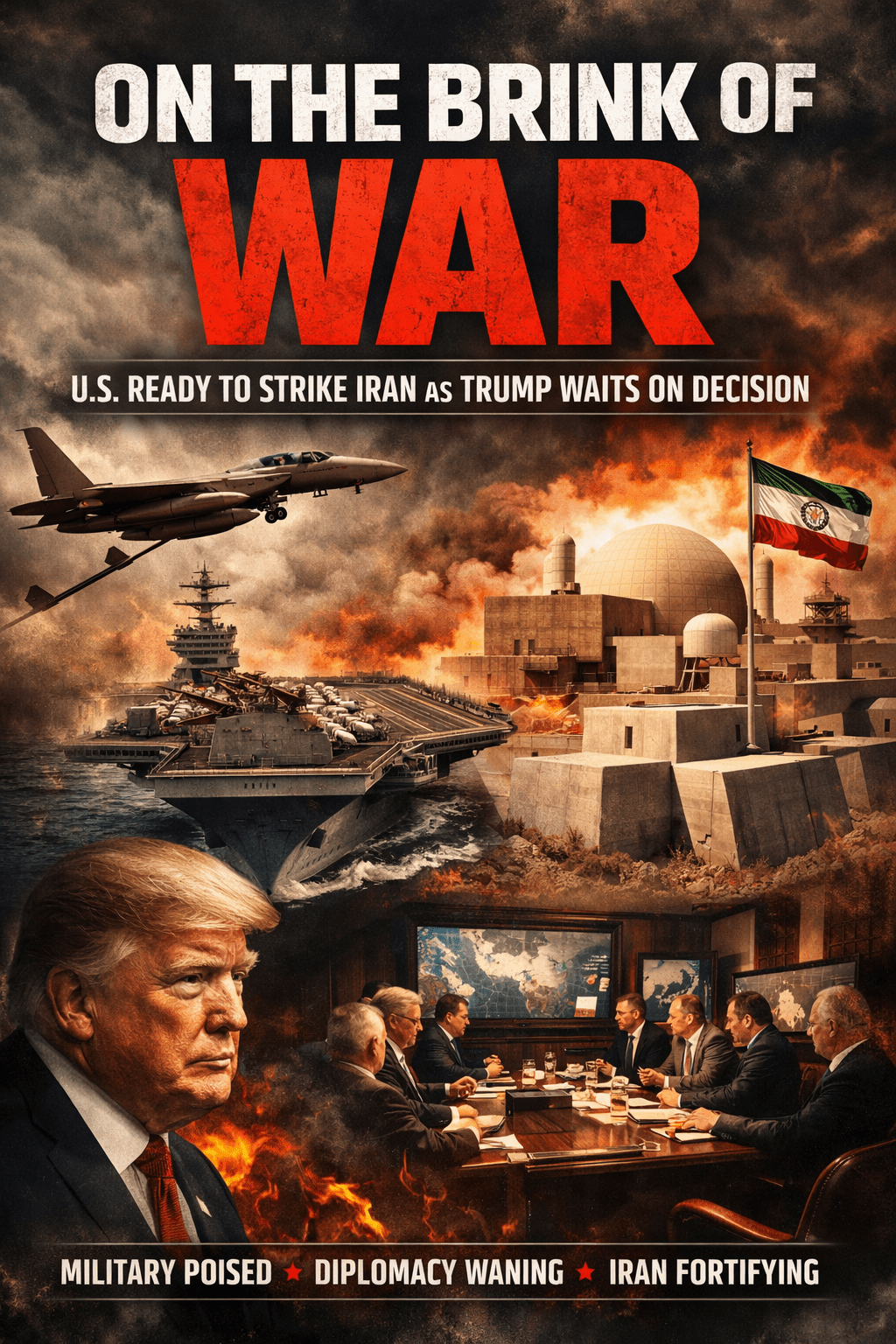North Korea has kicked four university students out of school, sentenced another to eight months of hard labor, and fired government officials because they secretly watched a big budget North Korean propaganda film that was banned only five months after its release, residents and officials in the country told Radio Free Asia.
The blockbuster “72 Hours,” directed by the country’s leader Kim Jong Un, tells the story of the opening moments of the 1950-53 Korean War – which it says South Korea started – and it details how the North Korean army captured Seoul in only three days.
In reality, it was the North that attacked first, but Pyongyang maintains that the first sacking of Seoul during the conflict – it changed hands four times – was part of a counteroffensive.
RFA reported that the film, which debuted in February, was banned last month without explanation.
Residents told RFA Korean that the film remains immensely popular and people are confused by the ban, because the film is made in North Korea and glorifies the military.
“The son of the deputy chairman in charge of food administration at the People’s Committee who secretly stored the movie on a USB stick was expelled from the Workers’ Party,” a college student in the northern province of Ryanggang told RFA Korean on condition of anonymity for security reasons.
The deputy chairman’s son was a student at Hyesan Medical University and last month he and some other students watched the film together, he said.
RELATED STORIES
In new movie, the South started the Korean War, as Pyongyang has always claimed
North Korea bans hit war movie 5 months after release
In a separate incident, the chairman and a group of colleagues watched the film together.
“The deputy chairman … and four staff of the food administration department who watched the movie were fired from their positions,” he said. “Four students from the University of Agriculture and Forestry of Hyesan Medical University were punished by expulsion.”
The son was sentenced to eight months labor because he purchased the film and was responsible for showing it to the others, the student said. During the trial it was found that he bought the USB flash drive that contained the film in the local marketplace in the city of Hyesan for 12 yuan (US$1.68).
There are likely hundreds of people in Ryanggang who have either been punished or are under investigation over the film, a government official told RFA on condition of anonymity for safety reasons.
“As the number of people subject to punishment increases, resentment among residents is also increasing, so they’re out here saying, ‘Why did the authorities make a movie that you can be punished for watching?’”
Keeping up with the Chinese
Kim Jong Un commissioned the film in 2021 after watching the Chinese-made Korean War blockbuster “The Battle at Lake Changjin,” which depicts one of the conflict’s pivotal battles – fought between Chinese and U.N. forces – that resulted in heavy casualties for the Chinese but forced the U.N. to retreat from the northern half of the Korean peninsula.
Kim was so moved by that film, that he “strongly scolded” the country’s propaganda filmmakers, clamoring for them to make a similar film, the official said. Kim even provided $10 million for production costs.
“Kim Jong Un himself carefully guided the content of the movie and every facial expression of the actors on site. But the movie became caught up in controversy and was eventually banned,” the official said.
When it was released in February it was an instant hit, and theaters were still showing it months later..
Despite its popularity though, “72 Hours” did not have the desired effect.
People began to wonder how North Korea was able to capture Seoul in only three days if South Korea started the war with a surprise attack on the North as Pyongyang claims, the official said.
“Does it make sense that the United States, which had prepared for a long time and started the war by surprise, lost Seoul in three days?” he said. “The movie only deepens the suspicion that the Korean War was not started by the United States but by a North Korean surprise attack.”
The official said that this logical gap is the reason why the film was banned. In a previous RFA report, other sources suggested that the ban was because the film made references to places in South Korea, or because it uses the word “unification,” which does not jive well with North Korea’s recent policy toward South Korea that defines it as a separate hostile country, rather than part of the same race of people.
Whatever the reason, people did not take the ban seriously, the official said.
“They thought it was not a big deal because it’s made by us. It’s not a film from South Korea,” he said. “Also, Kim Jong Un himself directed it.”
Because the film was so widely distributed on portable media after the ban, “the director of the Ryanggang Province Film Distribution Center, cell secretary, technical manager and the head of the city and county film distribution department were also arrested,” he said.
Translated by Claire S. Lee. Edited by Eugene Whong.



